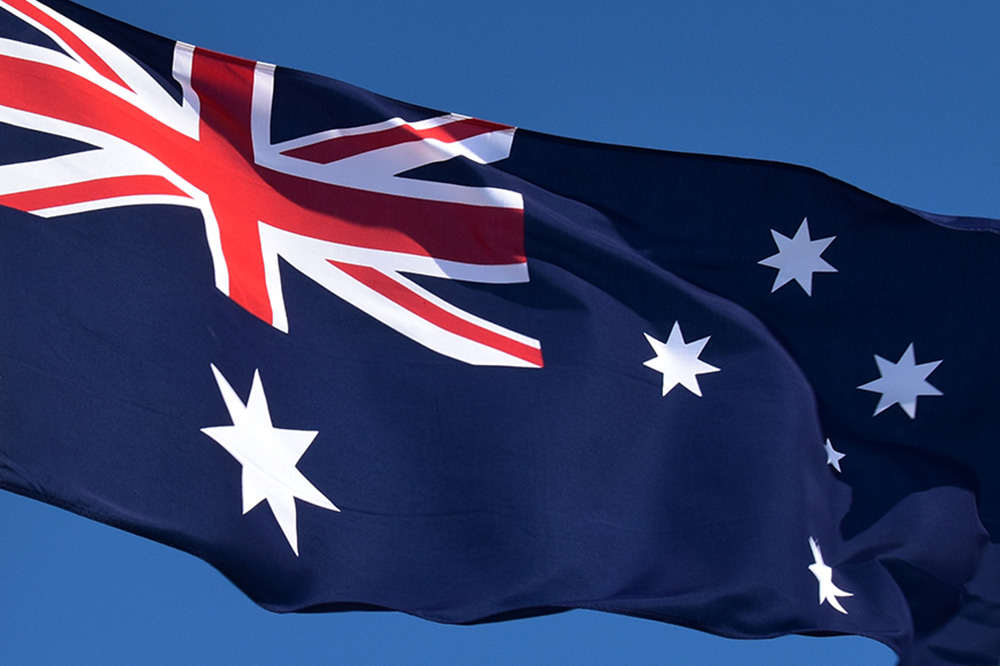German shipyard Fassmer wants to grow in different segments. Speaking to HANSA, Managing Director Harald Fassmer talks about chances and challenges and criticizes the public procurement in Germany
What is your review of 2018 and what is the outlook for 2019?
Harald Fassmer: For us, 2018[ds_preview] was a year of high capacity utilization in all product areas. In shipbuilding, we delivered the new fire-fighting boat for Hamburg and a further newbuilding to DGzRS. In December, the first of three ships for the German Federal Police was christened. We are working on the LNG-powered research vessel »Atair«, had a yacht refit and were busy delivering a material and design package for the Malaysian Destiny shipyard. The existing orders ensure sufficient capacity utilisation this year as well. At the same time we are working on various projects.
How do you assess the political conditions in Germany?
Fassmer: The global framework conditions have changed drastically in recent years and politicians have recognised this and described various fields of action in the Maritime Agenda 2025, for example. This is where we should start and implement concrete measures at short notice within the framework of an ambitious industrial policy. For example, the promotion of innovation through the division between the Federal Government and the Bundesländer is too complicated. Naval shipbuilding must be strengthened as a key technology and in exports we need reliability and transparency when it comes to issuing export licences. We see further room for manoeuvre with regard to competitive financing and guarantee instruments as well as in the field of training, research and development.
The foundation of the German Maritime Center (DMZ) was a good step, that holds a lot of potential. Particularly important are also improvements in public procurement. If projects are put out to tender, but cancelled later, it costs us time and money. In addition, in 2018 various public contracts were again awarded to foreign suppliers, because in many tenders only the price is decisive. If the public client included technical aspects, reliability and cost-effectiveness in addition to the price, our chances would be much better. In other countries it is seen much more as an industrial policy. Within the EU regulation, room for manoeuvre is used intelligently, unlike in Germany.
You have cooperations abroad, for example in Malaysia and Colombia. Are further cooperations an option?
Fassmer: Projects in which we cooperate with foreign partners or shipyards as customers are very interesting for us. This is important when a customer specifies in a tender that production must take place in their own country. We offer ship types, proven designs, construction documentation, material packages and technical assistance. We have been successful with this in recent years and we are working on other interesting projects and are in contact with potential customers. On the production side, we are also internationally positioned with facilities in Poland and China.
In addition, you also have your own wind power division. What are your plans in this segment?
Fassmer: In recent years, our wind power area has developed into a major source of sales. Nevertheless, we take a very critical view of developments in the political environment, especially in Germany. In order to meet climate protection targets and to maintain and safeguard technology and jobs, the industry needs a reliable planning bases. This includes, among other things, raising the expansion corridors for onshore and offshore wind turbines.
In the future, we will continue to support our customers in their wind projects and, in addition to prototype and series production of nacelles, will increasingly offer services in the areas of consulting, development and optimization of products and processes. In addition, we are concentrating on expanding our service activities and further internationalizing production.
Are you interested in entering further new markets?
Fassmer: A completely new product area is not planned at present. It is important to primarily strengthen our market position in the five existing areas. In addition, we want to strengthen our position in the naval segment and to merge our activities here under the »Fassmer Defence« brand. We also intend to expand the development of complex and environmentally friendly multi-purpose and research vessels. The entry into the construction of explorer yachts could also be interesting.
Interview: Michael Meyer


















